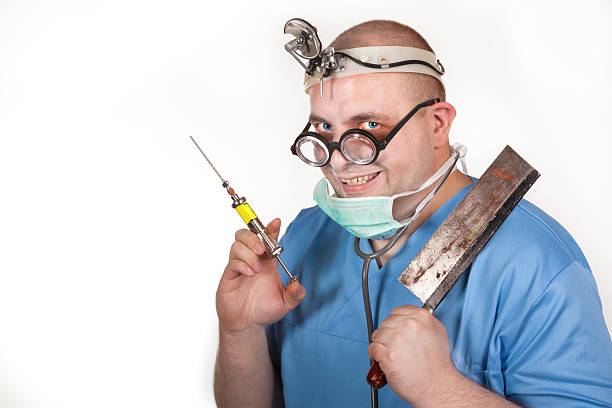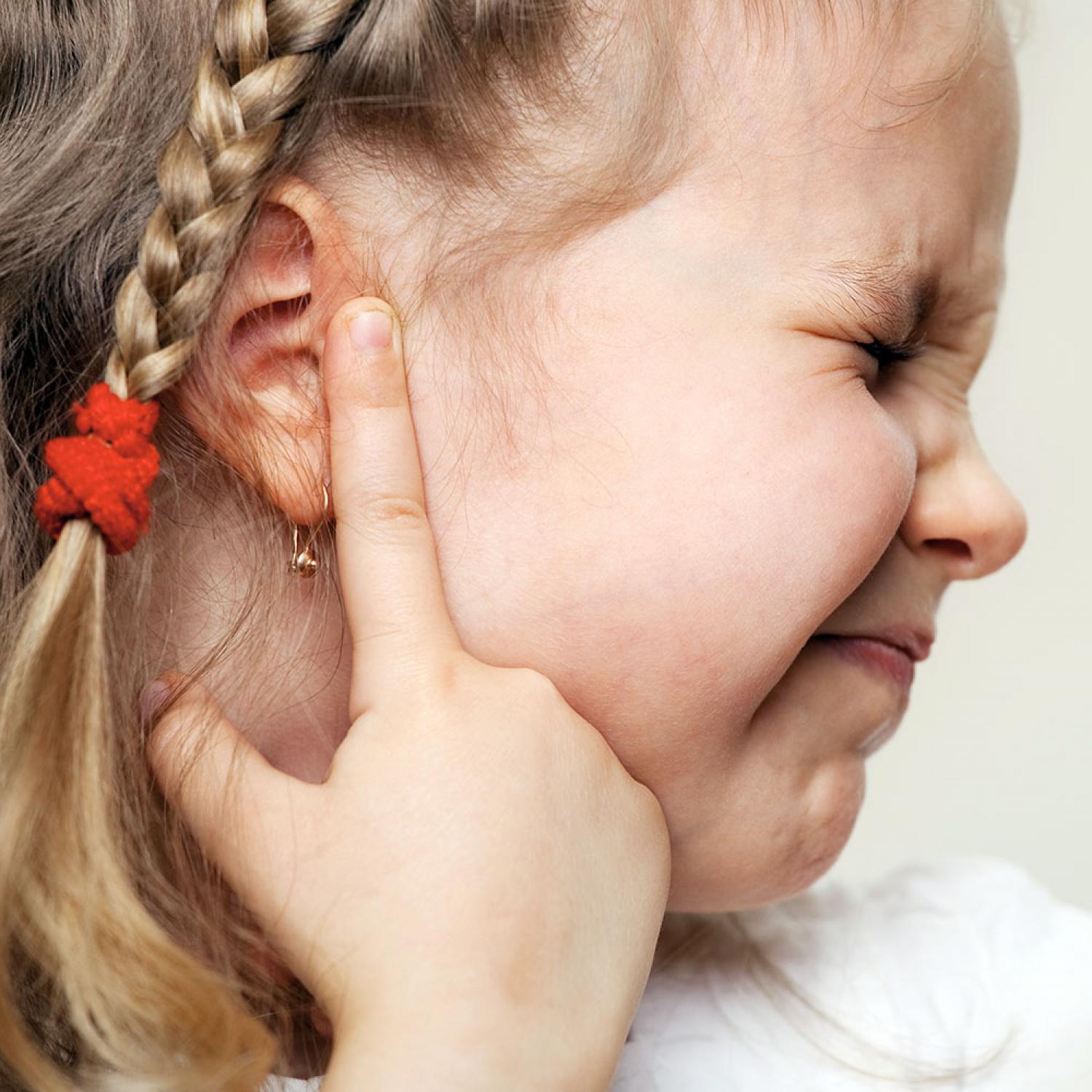Mononucleosis, Mastoiditis or Kissing Disease (also known as mono) is a common infection caused by the Epstein-Barr virus (EBV). It is also known as glandular fever, the kissing disease, and mono. Symptoms of infectious mononucleosis include fatigue, sore throat, fever, and swollen lymph nodes. There is no treatment for mono, but supportive care involves resting and drinking plenty of fluids. The illness resolves without treatment, but symptoms may last from several weeks to months.
Thank you for reading this post, don't forget to subscribe!The vast majority of cases of infectious mononucleosis, more than 90%, are caused by the Epstein-Barr virus.
How is Mononucleosis, Mastoiditis or Kissing Disease Spread?

Mono is easily spread through casual contact; The incubation period for mono is 4 to 6 weeks.
Among teens, kissing is the most common means of transmitting mono since the virus is present in saliva. Epstein-Barr virus is airborne and can be transmitted by droplets released when an infected person coughs or sneezes. Sharing food or beverages with an infected person can also spread EBV infection.
Symptoms
Initial symptoms within the first three days may include chills, loss of appetite, and feelings of lack of energy or malaise, swollen, red tonsils, enlarged lymph nodes in the neck, and a fever that ranges from 102°F to 104°F .
More intense symptoms may occur after the first three days and can include profound fatigue, swollen lymph nodes in the neck, fever, and a severe sore throat.
Allopathic treatment for Mononucleosis, Mastoiditis or Kissing Disease

There’s no specific allopathic therapy available to treat infectious mononucleosis. Antibiotics don’t work against viral infections. Treatment mainly involves taking care of patient’s, such as getting enough rest, eating a healthy diet and drinking plenty of fluids. Advise over-the-counter pain relievers to treat a fever or sore throat.
A myringotomy may be performed to drain the middle ear, and in more serious cases a mastoidectomy may be needed to remove part of the infected mastoid bone.
Medications
- Treating secondary infections and other complications. A streptococcal (strep) infection sometimes goes along with the sore throat of mononucleosis. You may also develop a sinus infection or an infection of your tonsils (tonsillitis). If so, you may need treatment with antibiotics for these accompanying bacterial infections.Severe narrowing of your airway may be treated with corticosteroids.
- Risk of rash with some medications. Amoxicillin and other antibiotics, including those made from penicillin, aren’t recommended for people with mononucleosis. In fact, some people with mononucleosis who take one of these drugs may develop a rash. The rash doesn’t necessarily mean that they’re allergic to the antibiotic, however. If needed, other antibiotics that are less likely to cause a rash are available to treat infections that may go along with mononucleosis.
Phosphorus :
Phosphorus should be advised when there is pain in ear and marked tinnitus/noises in ear, throbbing pain, tearing or shooting type.
Conium Maculatum :
Tearings and shooting in the ears, and round the ears, esp. when walking in the open air.-Accumulation of cerumen, which resembles mouldy paper, and which is mixed with purulent mucus.-Blood-coloured cerumen.-Roaring and humming in both ears.-Buzzing, tinkling, and rumbling in the ears.-Painful sensibility of hearing.-Diminution of hearing, ceasing when the cerumen is removed, and until it is renewed.-Swelling and induration of the parotids.
Belladonna :
Belladonna is an effective medicine to reduce inflammation of mastoid bone and relieve pain. Pain that can be throbbing, tearing, stitching or shooting type. The ear is also hot and sensitive to touch.
Carbo Animalis :
Carbo Animalis for sharp, stitching pain and swelling behind the ear.
Kali Muriaticum :
It is a top listed medicine to resolve middle ear infection well as well as reduce the pain of mastoiditis.
Silicea :
Itshould be advised when there is pus in ear either from infection or mastoiditis. The discharge with offensive smell. Temperature may also be present. It could be prescribed in cases where the mastoid bone is/are inflamed and/or when the decay of mastoid bone has started.
Aurum Met :
Inflametion of mastoid bone or may also have even started to decay.
Tellurium – for chronic cases of Mastoiditis
Tellurium is very beneficial medicine for chronic cases of mastoiditis.
The key feature to use it is constant pain in ear. The pain is mostly throbbing type and continues day and night. Thin, watery , yellowish discharge from ear (may be seen to continuously ooze).
Ferrum Phos :
Ferrum Phos is a valuable medicine to manage cases in which soreness and swelling behind ear is marked. Throbbing earache. There are ringing noises in ear and difficulty with hearing too with above complaints. Discharge of mucus and pus from ear.
Capsicum :
This medicine is very useful when area behind ear is painful, highly sore, swelled and tender to touch. Burning and stinging sensation in ear.
Magnesia phosphorica
An earache that feels much better when warmth and pressure are applied suggests a need for this remedy. The pain may be mostly neuralgic, with little evidence of fluid or infection.
I (Dr. Qaisar Ahmed) always prescribed in combination and highly diluted. TDs
Complications of Mono or Mononucleosis/Mastoiditis or Kissing Disease :
Mild inflammation of the liver (hepatitis) is often a complication of mono.
Hepatitis associated with mono is not usually serious and does not require treatment.
Potential rupture of the spleen is a possible dangerous complication of Epstein-Barr virus infection.
Severe complications of mono are rare and almost never cause death in healthy people.
Rare and severe potential complications of mono include inflammation of the heart (myocarditis), inflammation of the heart lining (pericarditis), inflammation of the brain (encephalitis), and destruction of red blood cells (hemolytic anemia).
People who have compromised immune systems, including those with AIDS or those who take medications that depress immune function, are more likely to have aggressive cases of mono. EBV has been linked to cancers including lymphoma and one type of Hodgkin’s disease.
 Dr. Sayyad Qaisar Ahmed (MD {Ukraine}, DHMS, Isl. Jurisprudence.) ; senior research officer Dnepropetrovsk state medical academy Ukraine; is a leading Homeopathic physician practicing in Al-Haytham clinic, Umer Farooq Chowk Risalpur Sadder.
Dr. Sayyad Qaisar Ahmed (MD {Ukraine}, DHMS, Isl. Jurisprudence.) ; senior research officer Dnepropetrovsk state medical academy Ukraine; is a leading Homeopathic physician practicing in Al-Haytham clinic, Umer Farooq Chowk Risalpur Sadder.
(0923631023, 03119884588), K.P.K, Pakistan.
Find more about Dr. Sayyad Qaisar Ahmed at :
https://www.youtube.com/channel/UCkGaAWzzMmTk3Ua-Wu0TA_A

Comments are closed.